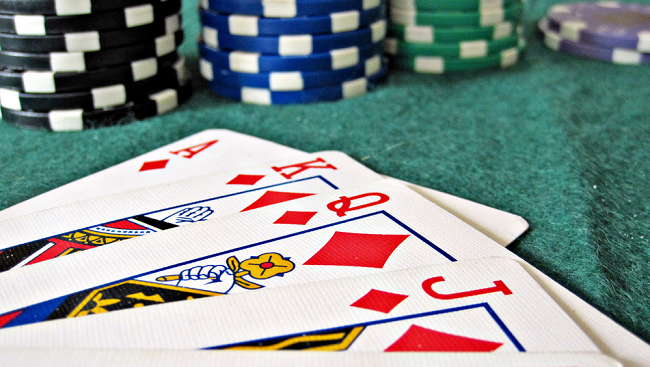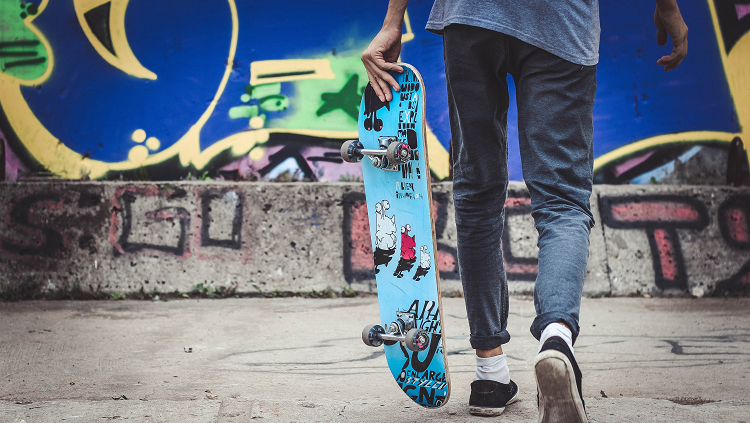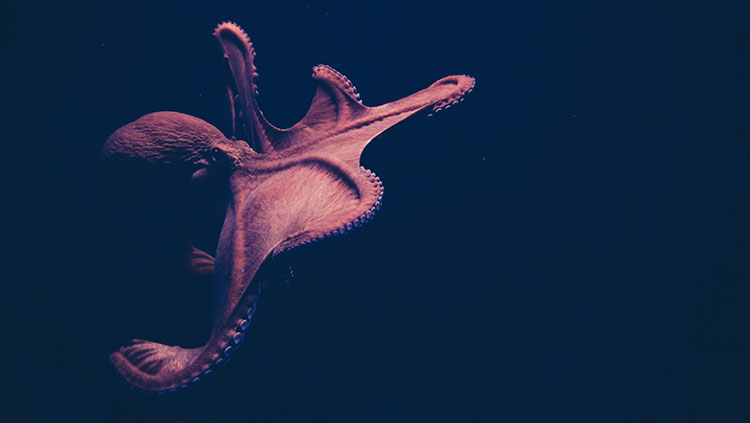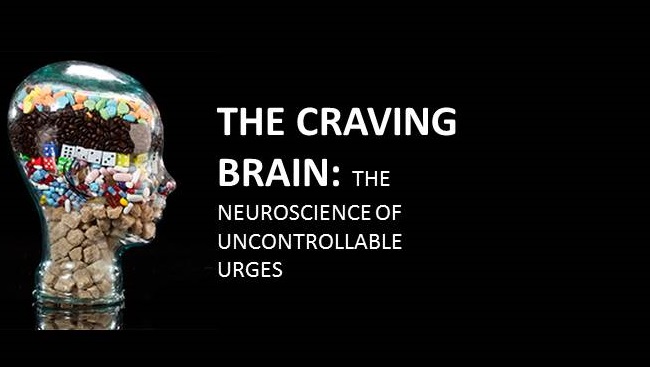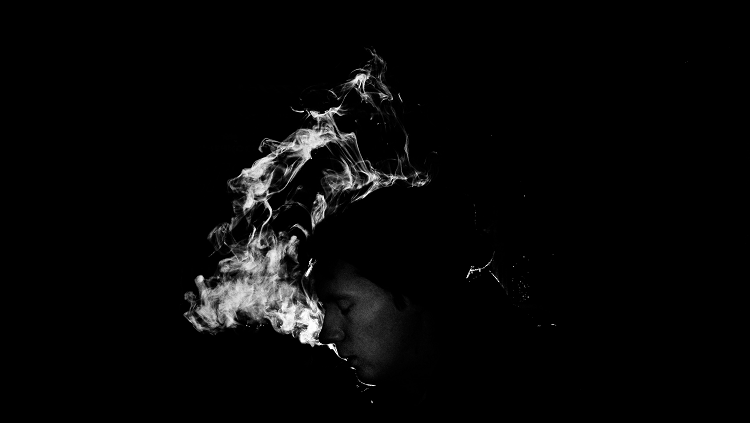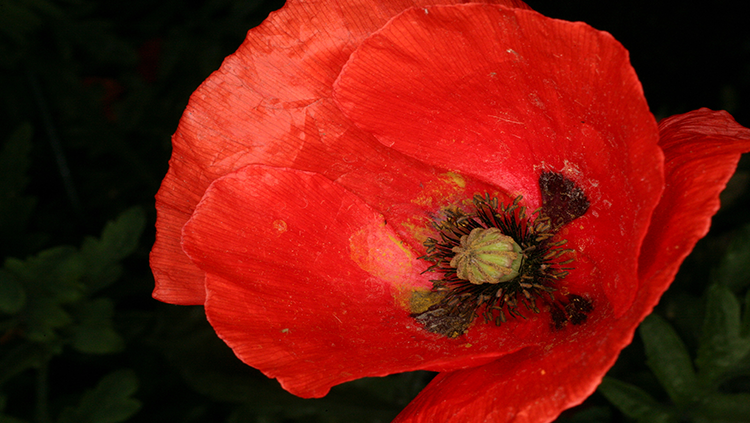Filter
-
(1)
-
(1)
-
-
(1)
-
(1)
-
-
(16)
-
(1)
-
(1)
-
(1)
-
-
(3)
-
(2)
-
(1)
-
-
(2)
-
(1)
-
(1)
-
-
(27)
-
(9)
-
(11)
-
(12)
-
(10)
-
-
(1)
-
(1)
-
-
(4)
-
(4)
-
(1)
-
-
(7)
-
(7)
-
-
(3)
-
(5)
-
(1)
-
(1)
-
(1)
-
(1)
-
(1)
-
-
(48)
-
(26)
-
(1)
-
(1)
-
(2)
-
(1)
-
(2)
-
(16)
-
(4)
-
(8)
-
-
(13)
-
(6)
-
(4)
-
(2)
-
(2)
-
-
(7)
-
(2)
-
(2)
-
(2)
-
(1)
-
-
(2)
-
(1)
-
(1)
-
-
(16)
-
(7)
-
(2)
-
(9)
-
-
(1)
-
(1)
-
-
(2)
-
(2)
-
-
(4)
-
(4)
-
-
(2)
-
(5)
-
(4)
-
(1)
-
-
(4)
-
(2)
-
(2)
-
(1)
-
(1)
-
(1)
-
-
(2)
-
(1)
-
(1)
-
(1)
-
-
(20)
-
(6)
-
(9)
-
(8)
-
(4)
-
(1)
-
-
(4)
-
(1)
-
-
(3)
-
(1)
-
(1)
-
(4)
-
(1)
-
(1)
-
(1)
-
(1)
-
(2)
-
(1)
-
-
(3)
-
(1)
-
(1)
-
(2)
-
-
(49)
-
(2)
-
(10)
-
(7)
-
(15)
-
(12)
-
(1)
-
(1)
-
(4)
-
(1)
-
(5)
-
(2)
-
(4)
-
(5)
-
(1)
-
-
(6)
-
(1)
-
(1)
-
(1)
-
(1)
-
(1)
-
(1)
-
(1)
-
-
(52)
-
(1)
-
(4)
-
(2)
-
(9)
-
(1)
-
(5)
-
(1)
-
(20)
-
(1)
-
(8)
-
(7)
-
(1)
-
(10)
-
(2)
-
(1)
-
(2)
-
(1)
-
(1)
-
(1)
-
(1)
-
(1)
-
(9)
-
(5)
-
(1)
-
(10)
-
(6)
-
(60)
51 - 60 of 77 results
-
Sleep disorders disrupt the mechanisms that keep typical sleep-wake cycles in balance.
-
Recalling skills often depends on returning to your state of mind — or environment — where you first learned it.
-
For most people, gambling is a recreational activity. But for a significant minority, it progresses to a serious problem.
-
Environment and experiences in the teen years guide development of some of the human brain’s more complex functions.
-
And other neuroscience news in March 2021.
-
Three neuroscientists discuss how addiction is a disease of the brain, as well as prospects for improved pharmacological treatments.
-
Worldwide, more than 175 million people have a substance use disorder.
-
Opiate drugs derived from poppy seeds hijack the brain’s natural opioid system.
-
With just a roll of the dice your students will learn about how every day choices can affect their brain development.
-
This web-resource by the University of Utah considers the effects of genetics, environment, and behavior in an attempt to unravel the complexities of the addicted brain.




